Aloe Vera for Hair: Benefits, How to Use
Evidence Based
All the information in this blog post is accurate, trustworthy, scientifically based and has been written and fact-checked by our experts and doctors.
Our licensed nutritionists and dietitians are committed to being objective, unbiased and honest, presenting all sides of the argument.
This article includes scientific references in brackets, which are clickable links to research papers from reputable academic organizations.

Aloe Vera, a succulent plant species renowned for its cosmetic properties has been utilized for centuries. From the Arabian Peninsula it is now cultivated in regions globally. Aloe Vera is distinguished by its fleshy leaves that house a gel substance. This substance finds application, in skincare, haircare and health products.
Benefits of Aloe Vera are Manifold!
Leaves: Aloe Vera leaves possess a hue, thickness and contain a gel substance. The edges of the leaves are serrated with spikes.
Gel: Within the leaves of Aloe Vera resides a gel that's abundant in water, vitamins, minerals, amino acids and antioxidants. This gel is commonly employed topically for skincare and haircare purposes.
Medicinal Uses: Throughout history Aloe Vera has been valued for its properties. The gel is renowned for its soothing and cooling effects which make it an esteemed remedy for sunburns, minor burns and skin irritations. Some individuals also turn to Aloe Vera to alleviate conditions like psoriasis and eczema.
Skincare: A prominent component found in skincare products such as lotions, creams and gels is none, than Aloe Vera. It is believed to nourish the skin while promoting healing and reducing inflammation. Read more on Benefits of Aloe Vera for Skin.
Haircare: Aloe Vera finds its use, in hair care products like shampoos, conditioners and hair masks. It is believed to improve the health of our hair by moisturizing the scalp reducing dandruff and potentially stimulating hair growth.
When it comes to use Aloe Vera gel is commonly used topically. However there are also Aloe Vera supplements and juices for consumption. Some people believe that incorporating Aloe Vera into their diet may have benefits. It's important to be cautious and follow product guidelines though because excessive consumption can lead to effects.
Aloe Vera Benefits for Hair: How Aloe Vera Impacts Hair Health?
Many believe that Aloe Vera offers benefits for hair health although scientific evidence supporting these claims is somewhat limited.
Some potential advantages of using Aloe Vera for your hair include:
1. Aloe Vera Maintains Healthy Scalp
Aloe Vera possesses cooling properties along with inflammatory effects that can help soothe and moisturize the scalp. This can be particularly beneficial for individuals dealing with irritated scalps.
2. Aloe Vera Controls Dandruff:
The antifungal properties found in Aloe Vera might contribute to its effectiveness in combating dandruff. Applying Aloe Vera gel onto the scalp could potentially reduce flakiness.
3. Aloe Vera Works as a Good Conditioner:
A key ingredient, within Aloe Vera called enzymes may aid in repairing skin cells on the scalp. Consequently this natural conditioning effect can leave your hair feeling smooth and looking shiny.
4. Aloe Vera Promotes Hair Growth:
Some studies indicate that Aloe Vera may have the ability to stimulate hair growth. This could be due, to its enzyme content, which helps activate hair growth and its ability to improve blood circulation in the scalp.
5. Aloe Vera Reduces Hair Loss:
The potential of Aloe Vera to promote hair growth might also contribute to reducing hair loss. However additional research is necessary to establish a connection.
How to Use Aloe Vera for Hair?
Using Aloe Vera for your hair is quite straightforward. You have options depending on your preferences and hair care needs.
Here are some common methods:
1. Directly from the Aloe Vera Plant:
- Harvest a leaf from an Aloe Vera plant.
- Extract the gel by slicing open the leaf and scooping out the gel inside.
- Gently massage the gel onto your scalp and throughout your hair.
- Leave it on for 30 minutes to an hour.
- Rinse it off with water.
2. Store Bought Aloe Vera Gel:
- If you choose a store bought Aloe Vera gel ensure that it is pure and does not contain any added chemicals or colorants.
- Apply the gel evenly onto your scalp and, throughout your hair.
How to Use Aloe Vera for Hair Treatment?
1. For a nourishing hair mask, combine Aloe Vera gel with ingredients like honey, coconut oil or yogurt. Apply the mixture to your hair and scalp covering it with a shower cap. Keep it on for the recommended time mentioned in the product instructions before rinsing with water.
2. If you want to use Aloe Vera as a leave in conditioner, mix an amount of the gel with water to create a consistency. Apply this mixture to damp hair focusing on the ends. Style your hair as usual without rinsing it out.
3. Another option is to create an Aloe Vera juice rinse by mixing it with water. After shampooing and conditioning your hair pour this mixture over your head ensuring it reaches the scalp. There's no need to rinse it out afterward; simply style your hair as usual.
Remember to perform a patch test before using Aloe Vera especially if you have skin. It's also beneficial to incorporate aspects of holistic hair care into your routine, such, as maintaining a diet and practicing proper hygiene.
If you experience any irritation or discomfort stop using it. Consult a healthcare professional.
Is it Good to Combine Coconut Oil with Aloe Vera for Hair Growth?
Yes combining Aloe Vera and coconut oil for hair care can be an advantageous combination. Both Aloe Vera and coconut oil have properties that contribute to the health of your hair.
Here's why experts often recommend this combination:
1. Moisture and Hydration:
Coconut oil is well known for its ability to moisturize the hair. It helps keep the hair shaft hydrated, preventing dryness and reducing the chances of split ends. Aloe Vera, with its hydrating properties and high water content works hand in hand with coconut oil by providing moisture to your hair.
2. Rich in Nutrients:
Aloe Vera is packed with vitamins, minerals and enzymes that nourish both the scalp and hair. When combined with coconut oil. Which contains fatty acids. You obtain a range of nutrients that support healthy hair.
3. Maintaining Scalp Health:
Aloe Vera possesses inflammatory properties that soothe the scalp while coconut oils antimicrobial properties can help combat dandruff and other scalp issues. This combination contributes to creating an environment for your scalp.
4. Stimulating Hair Growth:
Both Aloe Vera and coconut oil have been associated with promoting hair growth.
How to Create Hair Mask with Aloe Vera and Coconut Oil?
Here's a simple method, for creating a hair mask using Aloe Vera and coconut oil:
Ingredients:
- 2 tablespoons of Aloe Vera gel (or store bought Aloe Vera gel)
- 2 tablespoons of melted coconut oil
Instructions:
- Mix the Aloe Vera gel or store bought pure Aloe Vera gel with the coconut oil until you have a consistent mixture.
- Apply the mixture to your scalp and hair paying attention to the roots and tips.
- Massage the mixture gently into your hair and scalp for a few minutes to enhance blood circulation.
- Leave the mask on for 30 minutes to an hour. For absorption you can cover your hair with a shower cap.
- Rinse your hair using water and a mild shampoo.
This combination can be used as a deep conditioning treatment that hydrates your hair improves manageability and supports hair health. Keep in mind that individual results may vary so its recommended to perform a patch test and observe how your hair responds to this combination.
Please remember that everyone's reactions may differ. It's wise to conduct a test before using Aloe Vera extensively to avoid any potential adverse effects.
Also Read the Articles:
Disclaimer: The information provided on this page is not a substitute for professional medical advice, diagnosis, or treatment. If you have any questions or concerns about your health, please talk to a healthcare professional.
 Evidence Based
Evidence Based
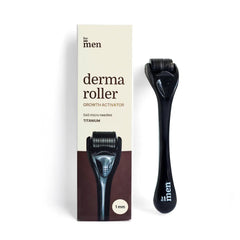
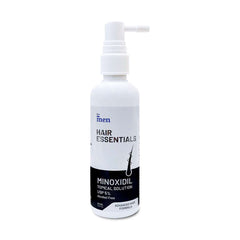
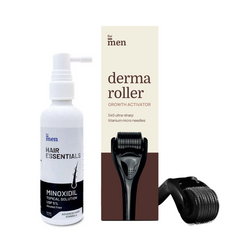
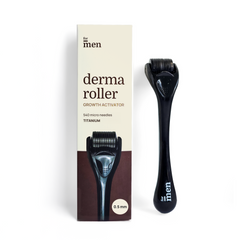
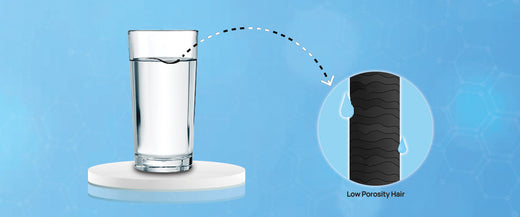
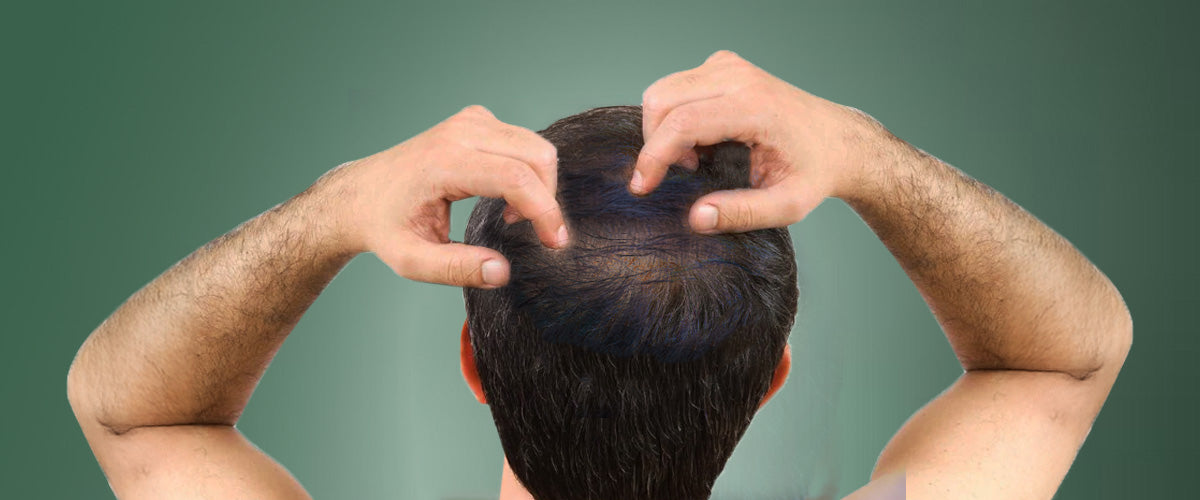
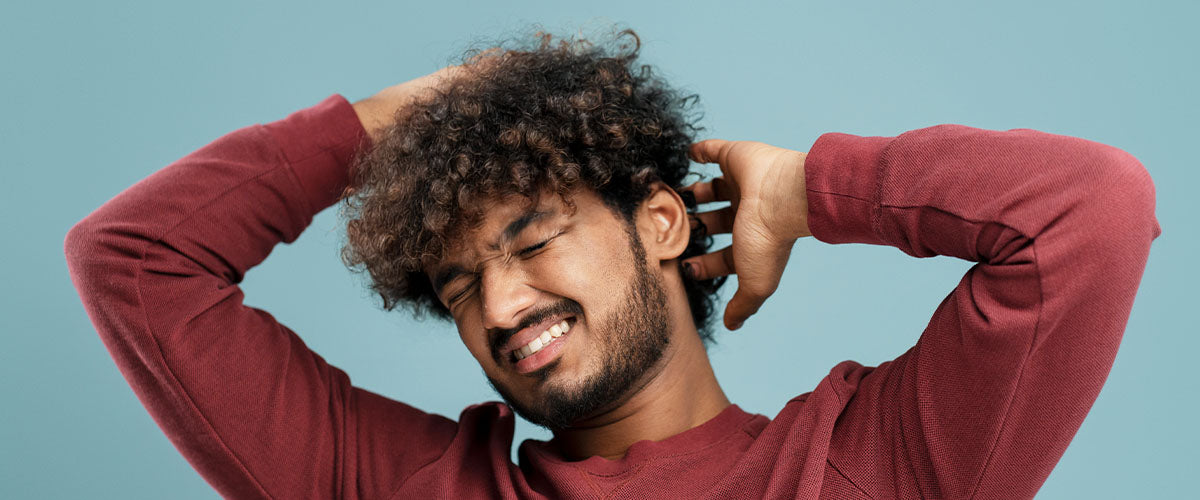
Leave a comment